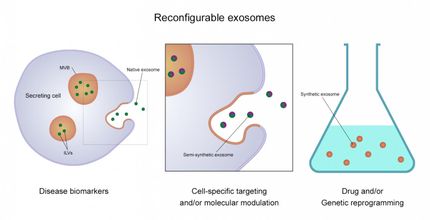Groundbreaking Discovery of the Cellular Origin of Cervical Cancer
Advertisement
A team of scientists from A*STAR's Institute of Medical Biology (IMB) and Genome Institute of Singapore (GIS) together with clinicians from Boston's Brigham and Women's Hospital (BWH) have identified a unique set of cells in the cervix that are the cause of human papillomaviruses (HPV) related cervical cancers. Significantly, the team also showed that these cells do not regenerate when excised. These findings have immense clinical implications in the diagnosis, prevention and treatment of cervical cancer. The study was published in the prestigious journal, Proceedings of the National Academy of Sciences (PNAS).
The team discovered that this discrete set of cells, located at the squamocolumnar junction of the cervix, uniquely express biomarkers that are seen in all forms of invasive cervical cancers linked to HPV. This means that the signature markers of this population of cells can provide a way of distinguishing potentially dangerous precancerous lesions from those with a benign prognosis.
Most read news
Other news from the department science

Get the life science industry in your inbox
By submitting this form you agree that LUMITOS AG will send you the newsletter(s) selected above by email. Your data will not be passed on to third parties. Your data will be stored and processed in accordance with our data protection regulations. LUMITOS may contact you by email for the purpose of advertising or market and opinion surveys. You can revoke your consent at any time without giving reasons to LUMITOS AG, Ernst-Augustin-Str. 2, 12489 Berlin, Germany or by e-mail at revoke@lumitos.com with effect for the future. In addition, each email contains a link to unsubscribe from the corresponding newsletter.























































